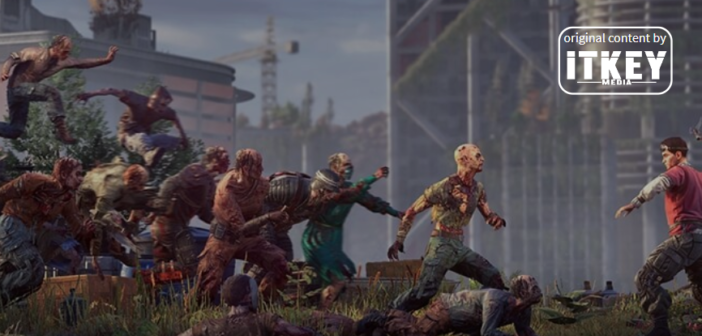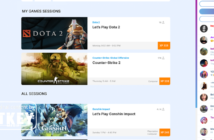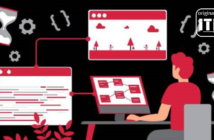This July, Poland’s celebrated gaming company Techland finally announced its acquisition by the Chinese media juggernaut Tencent. It is stated Techland will retain its creative freedom – in line with Tencent’s usual hands-off approach, and the leadership of the acquired company will not change. The alliance is meant to help Techland’s products, including the flagship Dying Light franchise, to level up and explore new horizons.
Tencent Slows Down Expansions as Techland Prioritizes Qualitative Growth
Tencent’s empire already includes (in full or in part) such household names as Activision Blizzard, Riot Games, Supercell, Ubisoft, Epic Games, Krafton, Bohemia Interactive, and many more. However, it looks like the empire has slowed down its expansion pace significantly this year. Crunchbase counts only 11 acquisitions in Q1 2023, which is 3x less than Q1 2022 or 2021.
With over 30 years of proud history behind its back, Techland is one of the most prominent game developers and publishers in CEE. Aside from Dying Light, its expansive portfolio comprises such names as Call of Juarez, God’s Trigger, and many more. However, the official statement about the acquisition deal only mentions Dying Light by name. Neither of the parties make any further comments, so we’re left to assume that Dying Light is Tencent’s focus of interest here.

Pawel Marchewka, Founder and CEO at Techland
Techland’s founder Pawel Marchewka will remain the company’s CEO. ‘We will retain full ownership of our IPs, maintain creative freedom, and continue to operate the way we believe is right,’ he assures.
‘We dream of turning Dying Light into the ultimate zombie game experience for players worldwide, providing you with multiple astonishing adventures and pushing the boundaries of solo and online modes to a totally new level… Teaming up with Tencent will allow us to move full speed ahead with the execution of the vision for our games,’ Mr Marchewka says in his statement.
We can only assume that in practice, it may first and foremost mean Dying Light’s closer integration with Tencent’s social and communication platforms, such as QQ and Weixin. Similarly, this partnership is the best way for Techland to reach out to the lucrative Chinese market.
What about the Gamers?

Olga Krapivenko, Founder and Admin of the My PlayStation Community
But what might this deal mean for gamers in the rest of the world? Olga Krapivenko, founder and admin of My PlayStation 5 gamers’ community voices slight concern that, as a consequence of such deals, investors may sometimes force developers into aggressive monetization of their games. This can make the gameplay less enjoyable and hurt the game’s popularity at the end of the day.
Ms Krapivenko believes that this is the reason why Techland had to address the issue of creative control in their official announcement specifically – to assure gamers that the deal will not influence the way they enjoy the gameplay.

Artem Terekhov, Gaming Editor at 3DNews
Artem Terekhov, games section editor at 3DNews, tells ITKeyMedia that he doesn’t believe that aggressive monetization would be an issue in this case. Instead, he suggests that Tencent may have some subtle influence over Techland’s creative decisions in the future: ‘For example, Bohemia will probably not make a game where China might be shown in a negative light or any other supposedly anti-Chinese details might be present.’
Further, Mr Terekhov reminds of the instance when Riot Games became a Tencent property. They did not begin to monetize League of Legends, arguably their most popular game, aggressively. What happened was that they started to add more Asian themes into their events, the characters’ outfits, etc. In other words, they wanted to make the product more appealing to gamers in Asia.
Techland is a quite established developer, and it looks like they’ve almost reached the ceiling with their Dying Light franchise. With the support of such a big investor as Tencent, Techland can grow outside this ceiling and reach new heights.

Kostiantyn is a freelance writer from Crimea but based in Lviv. He loves writing about IT and high tech because those topics are always upbeat and he’s an inherent optimist!





